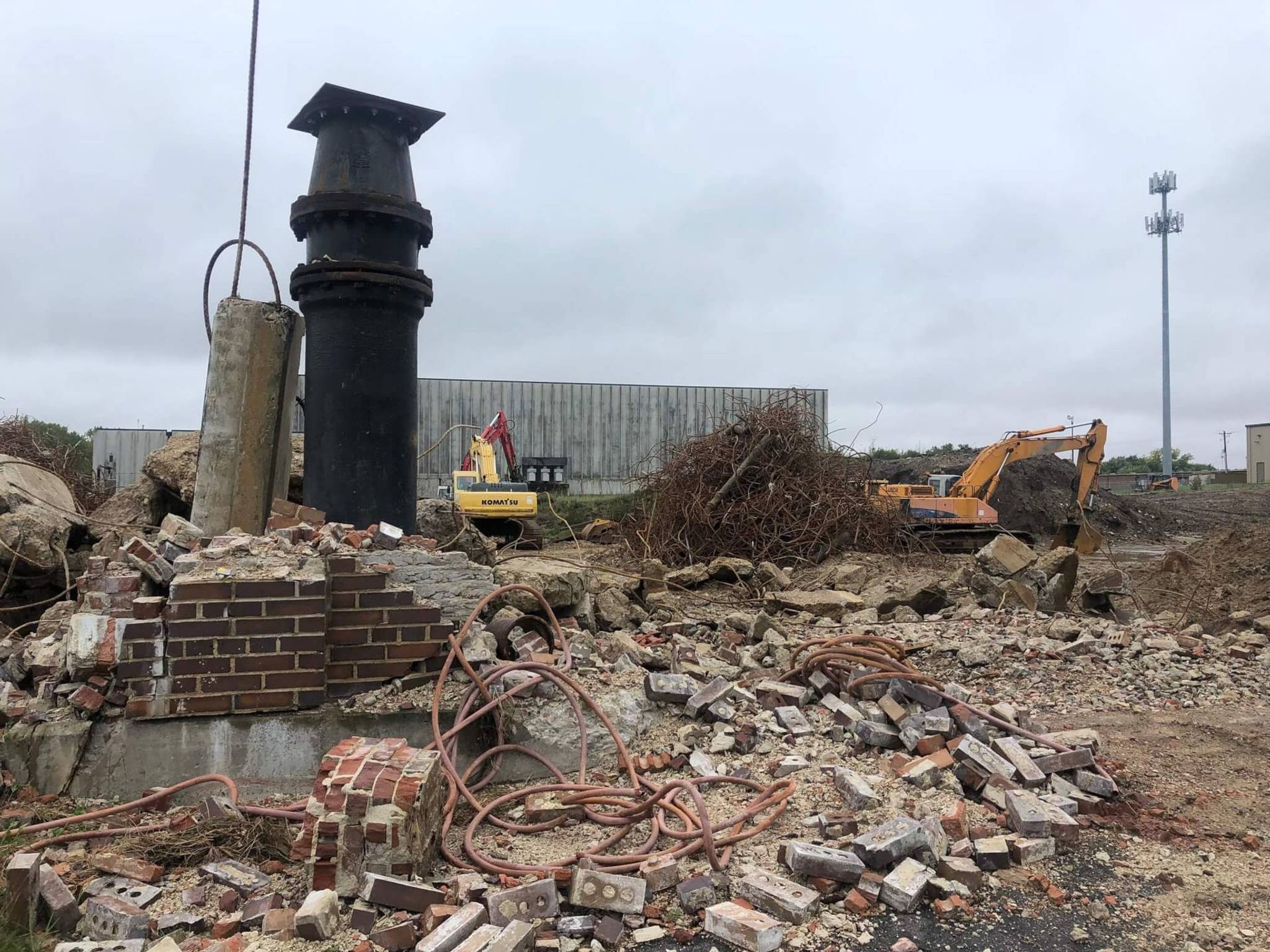How long will band-aids hold together Minnesota's aging infrastructure?
In a "mini session," lawmakers made site visits in southern Minnesota to better understand community needs.
Minnesota lawmakers are learning about the needs of several communities in the southern part of the state in a "mini session," which included three days of hearings in Austin, Rochester and Winona. The Capital Investments Committee traveled to the Austin sewage treatment plant that dates back to 1939, the era of Franklin Delano Roosevelt's federal Public Works Project Administration.

"It won't treat phosphorus, doesn't take out nitrogens," says Austin Plant Superintendent Chad Heard as he explains how hard it is for this old facility to meet mandates. Some of the structures originally dated back to the 1920s, and while those have been recently demolished, many of the site's waste-water treatment systems are from the 1930s, which makes local officials reluctant to spend the money to maintain such out-of-date technology.
"Our treatment plant is at capacity. We can't take on any new users - we're tied there - we want to expand and create jobs and be a better community all around," Heard adds. The issue revolves around dollars, bonding money for the upcoming session focused on funding construction and maintenance. City officials in Austin are asking for $15 million of the $73 million needed to modernize mandated sewage treatment.
Republicans and Democrats have to work together to build a supermajority to pass capital investments or bonding bills. Rep. Dean Urdahl (R-Grove City) is the minority member lead on the committee that spends money on "a lot of water and roofs, that's what we do." Rep. Mary Murphy is the DFL Chair of the Capital Investments Committee, and she sees great value in these projects when she goes on site visits. "Now we get the senses, all the senses involved - we see and smell," she says.
This plant offers one snapshot of aging infrastructure that could fail at any time - and there are myriad examples of projects-in-waiting like this one all across the state. "Every community has some kind of a problem and how long can they use band aids," Rep. Murphy says. She is going big on her broader bonding bill: "Without any harm, we could have $3.5 billion. We have $5 billion of requests for projects like we're seeing here today." Typically the Minnesota Legislature prefers to limit bonding bills to $1billion dollars, but the needs across the state are beginning to pile up.
The Health and Human Services Committee convened at the University of Minnesota in Rochester to discuss rising prescription drugs prices. But instead, Republicans wanted to talk about more financial problems at the Department of Human Services. "These mini sessions are about transparency, but they're not addressing the issues Minnesotans are most concerned about," says Republican Minority Leader Kurt Daudt. "There's a lot to be concerned about at DHS." DFL Majority Leader Ryan Winkler responded, "We're bringing legislature to southeastern Minnesota, and unfortunately they're also bringing partisan attacks."
Stay tuned to Almanac on Fridays at 7 pm on TPT2 (and on Sundays at 9:30 am) for more coverage on how spending plans shape up.
This story was published October 10, 2019.
